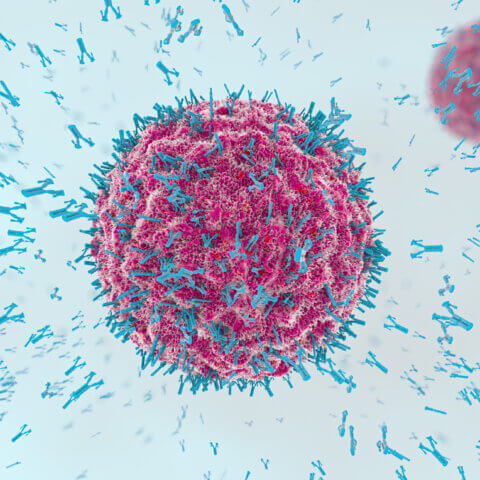The field of gene medicine has a history filled with hope and tragedy, successes and cautionary tales. The world’s first gene therapy was approved in Europe in 2012, only to be taken off the market five years later due to regulatory and commercial barriers. Now, more than six years after the first approval, gene therapy clinical development is thriving. And the path to patients in research settings, and ultimately to market, continues to evolve as new milestones are met and newcomers abound.
Since mid-2017, the FDA has approved three new gene therapy products, and the agency’s expressed commitment to advancing development of these treatments points to improving prospects for emerging therapeutics. This is good news for those with rare diseases and unmet medical needs, but for these new options, the trajectory from concept to trials to regulatory approval and commercial availability is a uniquely complex, but not impossible, pathway.
New therapeutic reality
“Once just a theory, gene therapies are now a therapeutic reality for some patients,” Dr. Scott Gottlieb, the former FDA commissioner, wrote in July 2018 when announcing steps the agency was taking to support development of new drugs. “Gene therapies are being studied in many areas, including genetic disorders, autoimmune diseases, heart disease, cancer, and HIV/AIDS. We look forward to working with the academic and research communities to make safe and effective products a reality for more patients.”
Gottlieb pointed to the agency’s recent approval of three gene therapy drugs:
- Kymriah, a treatment for B-cell acute lymphoblastic leukemia.
- Luxturna, a drug for patients with inherited retinal disease.
- Yescarta, a treatment for non-Hodgkin’s lymphoma.
Considering the scarcity of gene therapy drugs and the enormous effort and expense involved in conducting human trials, the emergence of three new therapies inside of a year is encouraging for sure. Still, Gottlieb cautioned, there is much we don’t understand about how these products work, how to administer them safely, and whether they will continue to work properly without causing adverse side effects in the long term.

 Webinar
Webinar 


 Perspectives Blog
Perspectives Blog 